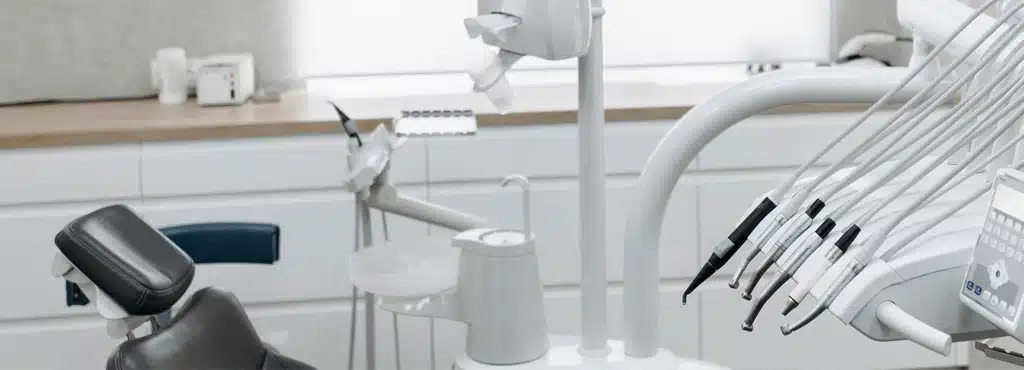I am a first-time buyer, what CQC applications will I need to have in place to facilitate my dental practice purchase?
The CQC application is onerous and will require a substantial amount of preparation prior to submission. The first application is the primary one and will allow the CQC to be satisfied that the intended purchaser meets their rigorous standards. As part of the application, there must be a DBS check dated within the previous six months. This DBS check must be countersigned by the CQC; a standard DBS check will lead to your application being rejected. The CQC-countersigned DBS check must be obtained prior to the CQC application.
The initial CQC application will transfer the dental practice from the seller to a joint partnership with the buyer. After the sale has been completed, a second application to CQC will be required to effectively dissolve the partnership, registering the new buyer as the sole provider of dental services.
How long do CQC applications take from start to finish?
CQC acknowledges that the application process is lengthy but make no apologies for this. They believe that an intense level of scrutiny is vital to ensure that any dentists who receive approval are fit for purpose. The CQC suggest allowing a minimum of 7-8 hours to complete the application.
Once submitted, the CQC will take on average 10 weeks to fully assess the application but can take up to 14 weeks. However, collating the required information in advance of the application may take a substantial amount of time. For example, the DBS check typically takes up to six weeks to obtain, and this will need to be done before you make your CQC application. Only DBS checks dated within the last six months will be accepted.
It may be tempting to make the CQC application early, but this can lead to a rejection. The registration will need to match your acquisition timeline. The CQC can agree to extend your application if there are delays with the purchase, but they will only agree to do this for a finite amount of time. Therefore, it is imperative to make sure that your CQC application is made neither too late nor too early. Your legal advisors will be able to provide guidance about when the application should be made.
What is a CQC comfort letter and why is this so important to transactions that involve an NHS contract?
A sales and transfer position statement, also known as a comfort letter, is used to facilitate the sale of a dental practice from the seller to the buyer.
When a partnership dental practice is sold, a temporary partnership is created between the seller and the buyer. When this contract is submitted, a proposal for variation can be submitted at the same time removing the seller. A comfort letter is issued by the CQC which confirms that on completion the GDS partnership will be registered without any further requirements, in principle.
The comfort letter is an essential component of the sale process, as it allows the temporary partnership to be created without any risk to the NHS contract in place. NHS England will not agree to transfer the contract to the partnership from the seller’s name without sight of the comfort letter from the CQC.


